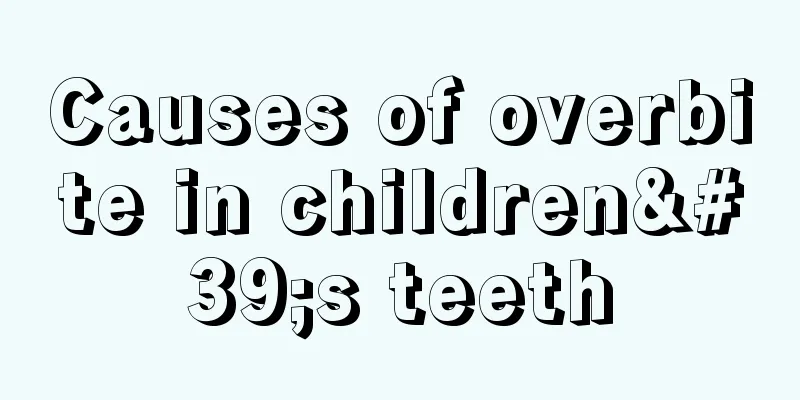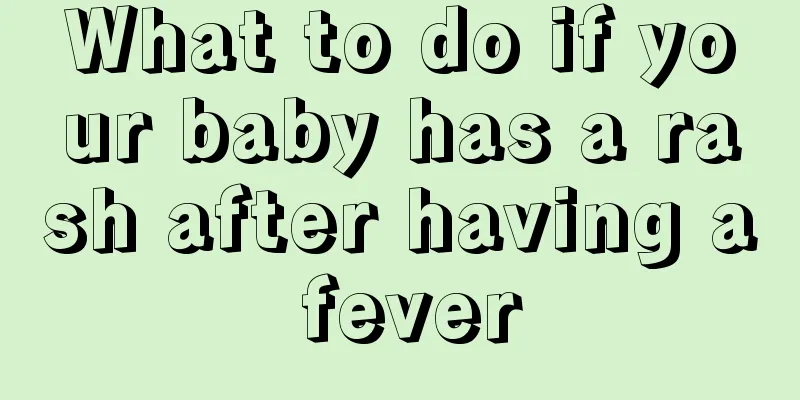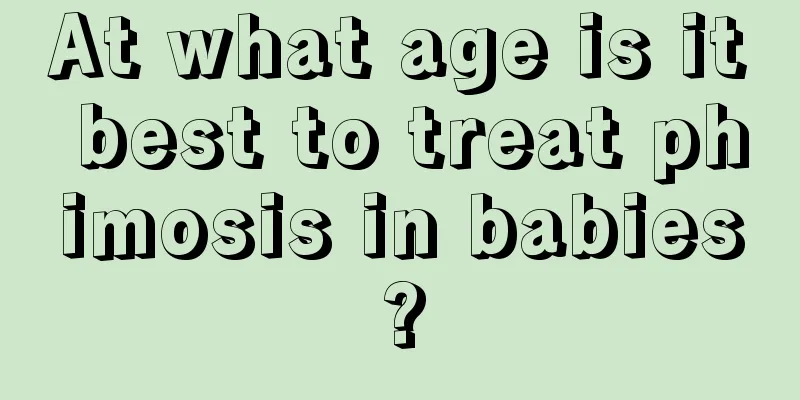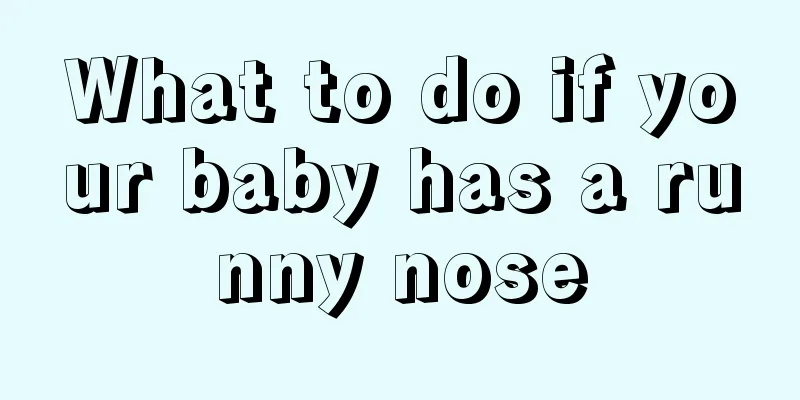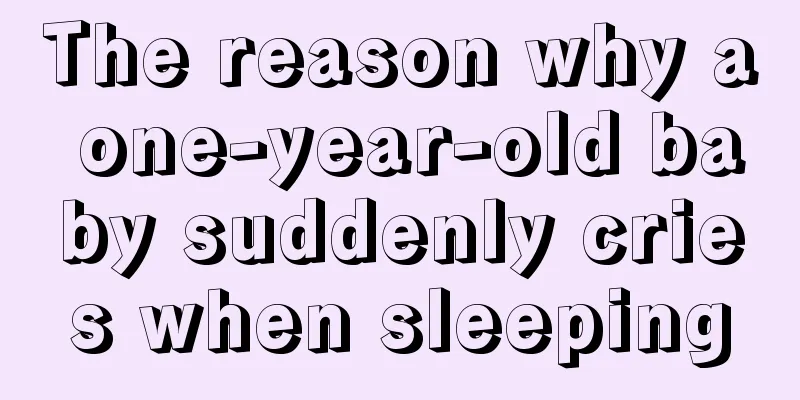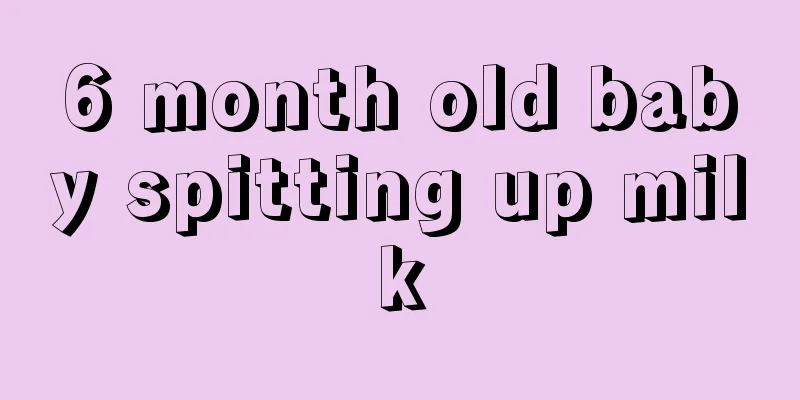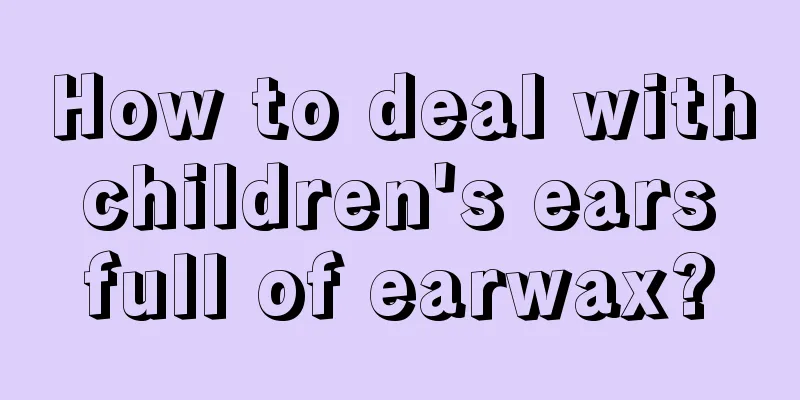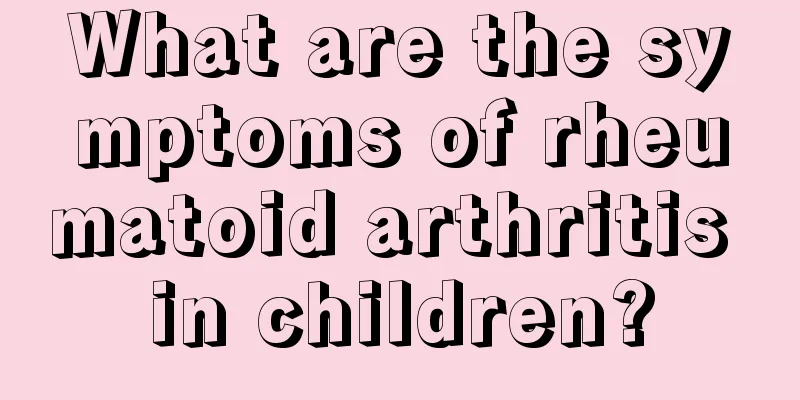How to train an autistic child
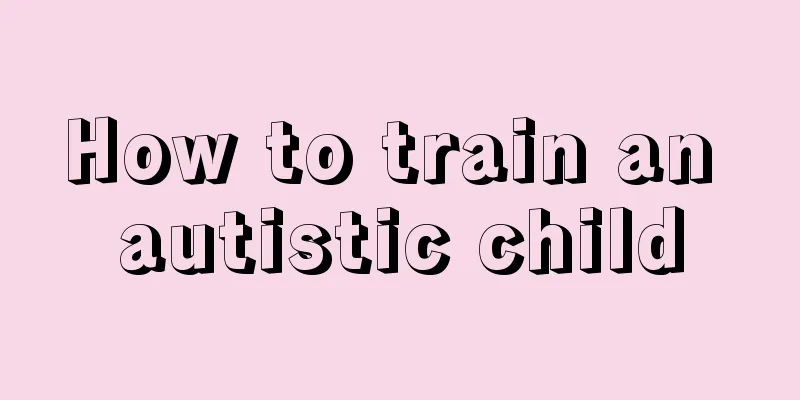
|
Many parents will become very distressed if their children have autism. They have no idea how to train their babies. This disease cannot be cured immediately. Relevant treatment measures should be adopted and persisted for a long time to improve the condition. If necessary, psychological counseling should be provided to the baby so that the treatment will be better. Principles of autism treatment: ① Early detection and early treatment. ① The earlier the treatment age, the more obvious the improvement; ② Promote family participation and let parents become collaborators or participants in treatment. The child, child health care physician, parents and teachers, psychologists and the society should participate in the treatment process together to form a comprehensive treatment team. ③Adhere to a comprehensive treatment training program that focuses on non-drug treatment and supplements it with drug treatment, with the two promoting each other; ④The treatment plan should be individualized, structured and systematic. ⑤ Provide treatment based on the child's condition and adjust the treatment plan at any time based on the treatment response; ⑤ Pay attention to the child's physical health and prevent other diseases while providing treatment and training; ⑥ Adhere to treatment and persevere. Several consensus points on autism treatment: ①There is no specific drug treatment for autism. Early diagnosis and early intervention can improve the prognosis of autism. Therefore, it is generally believed that the younger the age, the better the effect of autism treatment. However, there is no age cutoff point so far. In fact, some patients do improve at an older age. ② Countries around the world, especially developed countries, have established many special education and training curriculum systems for autism. The aforementioned main training methods each have their own advantages and disadvantages, and there is no evidence to show that any one therapy is significantly better than another. At present, various methods tend to merge with each other. ③Since there is no specific treatment for autism, there are currently hundreds of alternative therapies. These therapies lack evidence-based medicine and should be used with caution. A small number of autistic children who do not receive special training and treatment may be able to improve themselves, and the claimed effectiveness of some therapies may be related to this. (2) Antidepressants: This type of drug can improve the stereotyped repetitive behaviors of this disease, improve mood, and relieve obsessive-compulsive symptoms. Cholinesterase inhibitors (25 mg-150 mg/day), sertraline (25 mg-150 mg/day), and fluvoxamine (50-200 mg/day) can be used. This type of medicine should also be taken in small doses initially, and the dosage should be gradually increased based on symptom improvement and adverse drug reactions. (3) Central nervous system stimulants or clonidine are suitable for children with attention disorders and hyperactivity symptoms. For medication instructions, please refer to the relevant content in attention deficit and hyperactivity disorder. (3) Drugs that improve and promote brain cell function and are related to mental retardation. |
<<: Stereotyped behaviors in children with autism
>>: How to help children with autism
Recommend
What to do if a newborn baby has small pimples on his face
Many newborns have small pimples on their faces. ...
What are the nutritious recipes for babies?
Mothers must have been troubled by their children...
What to do if your baby has a high fever due to bacterial infection
Bacteria are microorganisms that can penetrate an...
White spots on baby's body
Regarding the phenomenon of white spots on babies...
Is isotope therapy effective for neonatal hemangioma?
Isotope therapy is a treatment method that is mos...
What should I do if my child has fat particles? Introducing effective coping methods
The so-called fat particles refer to some very sm...
The role of probiotics in newborns
After a child is born, if he or she has gastroint...
Treatment of severe vomiting in babies
It is quite common for babies to spit up milk whe...
What changes will occur in your baby during the third month?
The baby's healthy development is very rapid....
What should I do if my child has diarrhea?
In my country, diarrhea in children is the second...
How many months should babies fed with formula milk start to eat complementary foods?
Many babies need to pay attention to diet during ...
Is it normal for a newborn to have cold hands and feet?
The resistance of newborns is very weak, and we n...
What should I do if my baby is allergic to medicine?
If newborn babies are not adapted, they may get s...
Baby drool rash care and relief
My baby is always drooling and has many small ras...
What to do if an 8-year-old child has spots on his face
Spots mostly occur in adults and the elderly. The...
